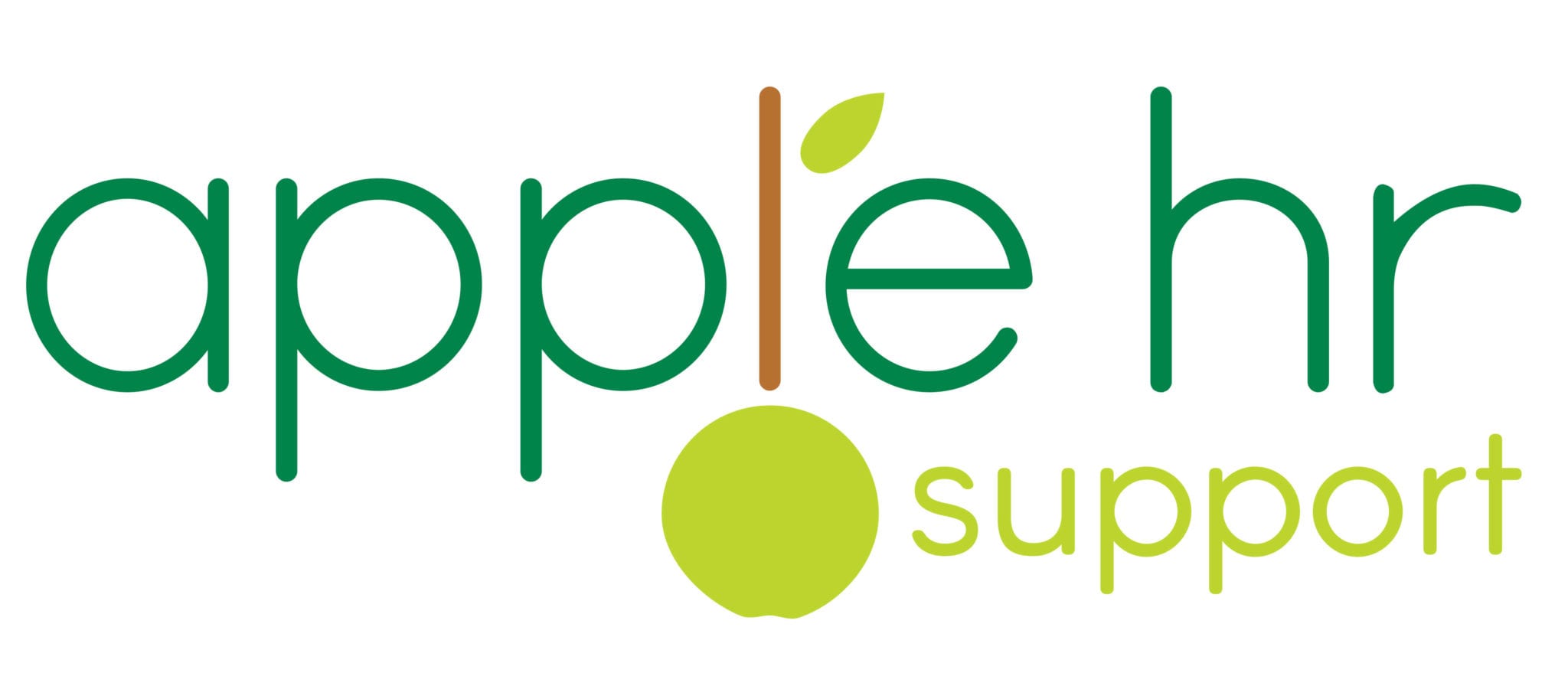
Is how you’re working with people legal?
Your business is growing, people are delivering and everything feels like it’s working.
But how you’ve set up these working arrangements could end up costing you.
Here’s a quick review of 3 setups that look efficient but aren’t.
Your regular person who “isn’t on the books”
They work the same hours each week and are super reliable. They know your customers and deliver consistently. But there’s no formal employment arrangement because you both wanted to keep things simple.
The problem:
• Regular work creates legal obligations whether you document them or not.
• When they want holiday pay or decide to leave, those missing employment rights may create expensive problems.
The solution:
• If they work regular hours under your control and only for your business, they’re likely an employee under UK law.
• A basic employment contract can be created quickly and affordably, providing clarity for both sides and ensuring that you’re legally compliant.
The long-term contractor who works exclusively for you
They invoice through their own company but work to your schedule, follow your methods and couldn’t easily hand their role to someone else. They’re essentially part of your team but structured as an external supplier.
The problem:
• If they work like an employee, they might legally be one.
• That brings unfair dismissal protection, redundancy obligations and potential back-dated holiday pay.
The solution:
• Review how this relationship actually works in practice.
• If they follow your schedule and methods without genuine independence, consider reclassifying them as an employee or worker with a proper contract.
Your flexible worker with no clear terms
Perfect for covering busy periods or specific projects. They fit around your business needs and everyone understands the arrangement. Except there’s nothing written down about rates, notice periods or what happens if things change.
The problem:
• Without clear terms from day one, unclear arrangements often default to stronger employment protections than you intended.
The solution:
• All workers are legally entitled to written terms from day one, even flexible or casual staff.
• A short written agreement covering pay, hours, notice periods and what happens when things change, doesn’t need to be complex, just clear and fair.
Here’s how to get it right
- Look at how things actually work
Someone who works regular hours, takes direction on daily tasks and couldn’t easily be replaced is probably an employee. - Match documentation to reality
Employees need employment contracts and full rights. Workers need basic protection, like holiday pay. Genuine contractors control their own work methods. - Review as you grow
Working relationships change as businesses evolve. What started as project work might become regular employment without anyone noticing.
Ready to protect your business?
We help businesses to structure their people arrangements properly from the start. We’ll review your current setup, identify where relationships have evolved and put the right documentation in place.
Get in touch for a confidential review of your people arrangements.
